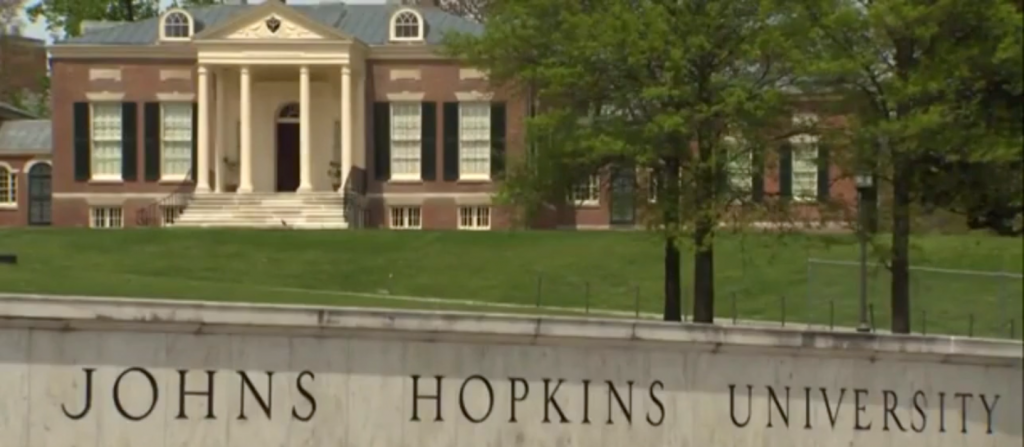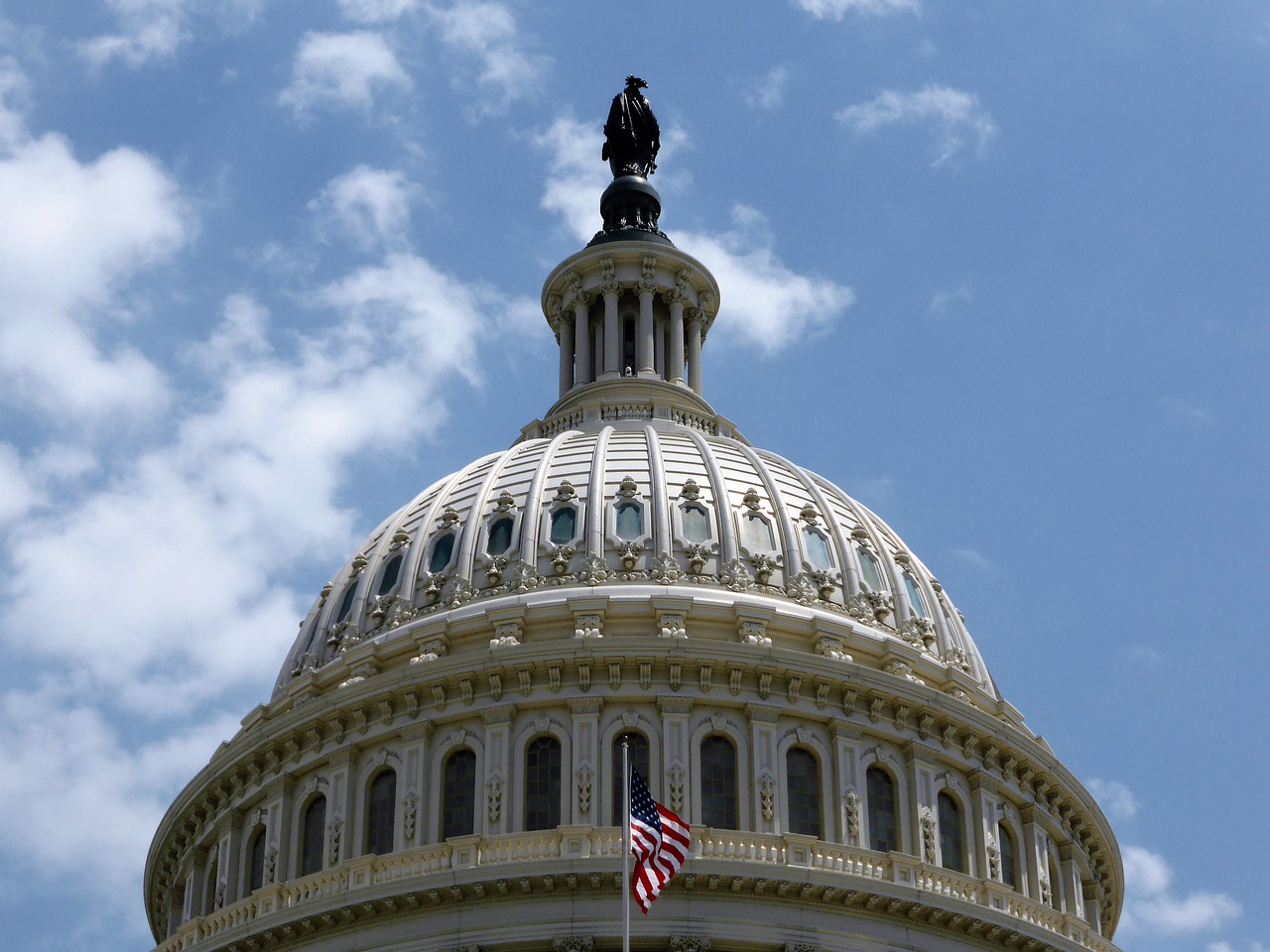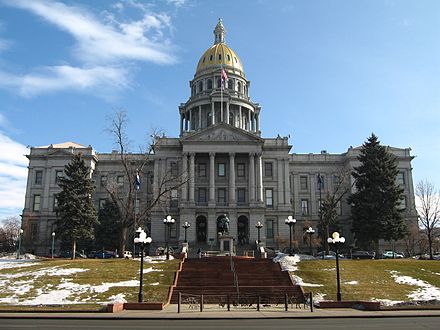Michael Bloomberg Donates $1.8 Billion to Johns Hopkins University
Former New York City mayor Michael Bloomberg announced in an op-ed piece for The New York Times that he has made a $1.8 billion donation to his alma mater Johns Hopkins University. The donation, which is the largest ever to an institution of higher education, is meant to be spent on financial aid for students.
“Here’s a simple idea I bet most Americans agree with: No qualified high school student should ever be barred entrance to a college based on his or her family’s bank account. Yet it happens all the time,” writes Bloomberg.
This isn’t the billionaire’s first colossal act of philanthropy. In fact, he’s pledged to spend the entirety of his fortune — currently valued at $46 billion — by the time he dies. In 2013, it was disclosed that Bloomberg had donated a total of $1.1 billion to Hopkins since graduating from the school 40 years earlier. However, this donation is different. The former mayor wants this donation to eliminate money as a factor during the school’s admissions process, leveling the field for qualified applicants who may not be able to manage Hopkins’ $53,740 per year price tag.
It’s no surprise that this donation is making Bloomberg, who is considering a 2020 run for president, look good. But a lot of people think he could’ve done better, and here’s why.
Bloomberg says his donation will make the school’s admissions process “need-blind.” This means that admissions officials will not take into account an applicant’s ability to pay as criteria for admittance, and the school will meet the total demonstrated financial need of accepted students — an exclusively merit-based system that most colleges strive for, but few are able to achieve.
Johns Hopkins University, by U.S. standards, is already a fairly wealthy university. Bloomberg’s donation definitely will help those who get in to pay their way — the question is whether most of those students already have the financial resources that enabled them to get into the elite university in the first place (e.g., good high school education, extracurriculars, SAT/ACT prep, etc.). In other words, will this really change the admissions process or merely reward and perpetuate the cycle of socioeconomic privilege in higher education? The point being: Could Bloomberg’s donation have done more at another school?
Challengers say Bloomberg should have given his $1.8 billion to the school with half the tuition price point of Hopkins where the financial aid could have benefited twice as many students and served a more diverse population. Moreover, opponents say that gifting a large sum of money to a school with an already hefty $3.8 billion endowment, touting the anthem “education for all,” is not a good look for a 2020 presidential candidate.




